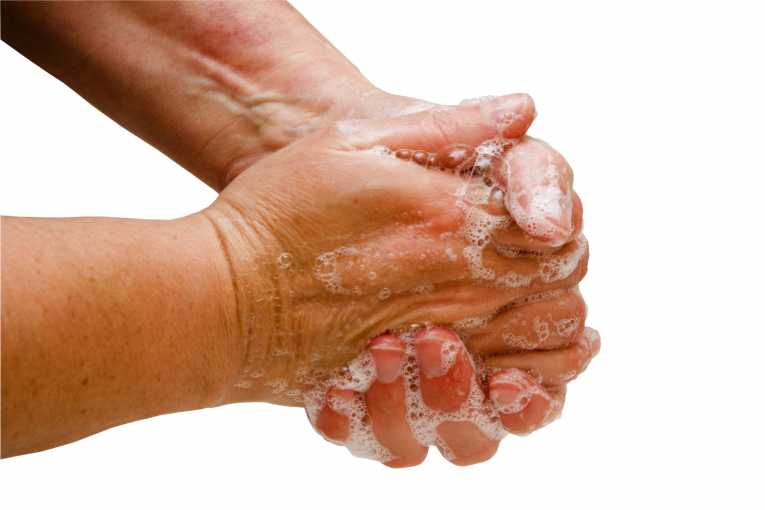Dramatically slashing the death count from diarrhea, amongst children in impoverished countries, doesn't need major investments, or complex medical solutions - just the consistent use of tried-and-tested methods and practices. That's the conclusion of a study appearing in the new edition of PLoS Medicine.
Currently, a staggering 1.5 million young children die from diarrhea each year, in the poorest parts of the world. But simple low-cost measures could see that appalling total slashed by over 90%, says the team from the Bloomberg School of Public Health, at Baltimore's Johns Hopkins University.
The researchers, led by Christa Fischer Walker, wanted to see how the scaling up of a number of well-known public health measures, and inexpensive medical treatments, would affect the death toll for the 68 most vulnerable countries. To do this, they took results known from individual programs, and ran them through a statistical model, to project what would happen if they were implemented universally.
The team looked first at medical treatments to help children under 5 recover from diarrhea, including antibiotics, zinc supplements and rehydration solutions. These would cost as little as 80 cents per head in the countries concerned, but would have a big impact on mortality rates. The authors see deaths tumbling by 78% for that spend, by 2015.
The preventative side of the measures looked at included wider adoption of breastfeeding - rather than bottle-feeding babies; widespread vitamin A supplements; access to clean drinking water; and improved sanitation education - for instance washing hands with soap. These educational programs, plus the water infrastructure improvements, would cost less then $4 per head. But the models suggest that child diarrhea deaths would then be slashed by a further 14%, to 92%.
As the authors state ''Using currently available interventions, we demonstrate that with improved coverage, diarrheal deaths can be drastically reduced.'' This study shows that, with the right political will, a relatively low outlay could transform the lives of millions - and bring the Millennium Development Goal 4 within sight. They conclude ''To reach MDG4 by 2015, the number of child deaths needs to be reduced by an additional 4.6 million annually from the 2008 estimate of 8.8 million. Reducing diarrheal deaths by more than 1.4 million per year would be a major contribution toward this goal.''










